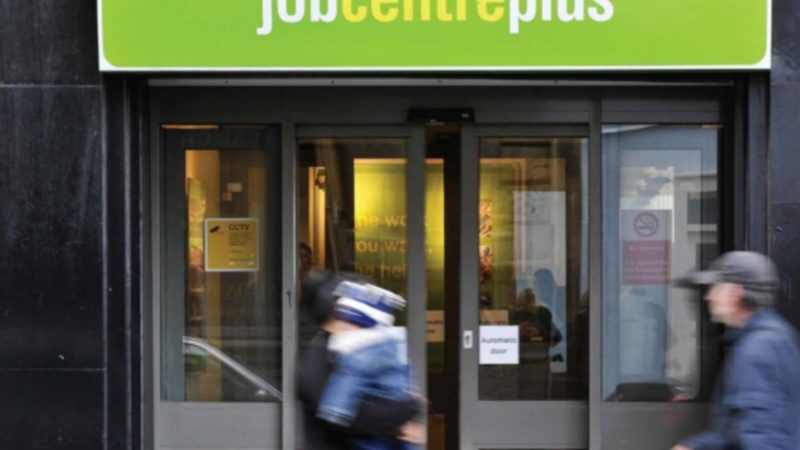While most claiminants lose out, the poorer lose out the most

A new report has revealed that the introduction of Universal Credit has hit the poorest hardest.
Institute of Fiscal Studies research shows that the poorest 10% of Brits on average have lost 2% of their income, or £150 a year, from the introduction of Universal Credit.
While the introduction of Universal Credit has reduced the incomes of most social security claimants, the poorest are more likely to have their incomes reduced the most.
Other groups losing out from the new system are those with financial assets; the low-earning self-employed; couples where one member is above state pension age and the other below; and some claimants of disability benefits.
Of these groups, disabled people (and those who live with disabled people) are most likely to lose out the most in the long-term. According to the research, they are more likely to be persistently, not temporarily, poor.
The report did not include the affect of the new system on disabled people who were found to be fit for work and had their benefit payments taken away.
The report also showed that lone parents are more likely to lose out significantly from the Universal Credit changes.
According to interviews with lone parents conducted by the Gingerbread charity, Universal Credit has caused confusion and disincentivised work.
The UN’s special rapporteur on poverty Philip Alston has Universal Credit’s treatement of lone parents sexist. In November, he said:
“I think if you had got a group of misogynists in a room and said ‘guys, how can we make this system work for men and not for women’ they wouldn’t have come up with too many other ideas than what is already in place.
Over 90% of lone parents are women. So which group do you think does absolutely worse in the whole benefits system? Lone parents.”

The report revealed that Universal Credit’s controversial two-child limit, which means no extra money is given when a family’s third, fourth, fifth (etc.) child is born, will save the government and cost families £5bn a year.
It has previously been calculated that this policy will cost 70,000 low-income families nearly £3,000 a year.
Philip Alston also criticised this policy, comparing it to China’s one-child limit.
Alston said it sends the message that “poor people mustn’t have more than two children and, if they do, the rest of the children are going to suffer. It’s great, it’s a really perfect way of punishing families.”
The report did not cover the affect of sanctions and the five-week waiting period before Universal Credit is initally paid. Both of these measures have resulted in people not having enough money to eat.
The Institute of Fiscal Studies is a think-tank which declares its funders on its website and has been given an ‘A’ for transparency by ‘who funds you?’
Joe Lo is a freelance journalist and a reporter for Left Foot Forward




5 Responses to “Universal Credit costing poorest Brits £150 a year”
clive Baulch
Yes but what will really shock people is that Corbyn’s Labour Party has absolutely no intention of changing one iota of Universal Credit allowances as they are currently. We, the disabled have already seen our friends thrown under the bus so no change there.
Remember, if Labour want to win the next Election then their can be no pandering to claimants. Scroungers must continue to be punished and punished hard.
Patrick Newman
You are very confused, Clive! The Labour movement would not allow a Labour government to continue the Tory policy on benefits for the able-bodied and the disabled. So I dont know where you have got your information from other than the Daily Mail!
Minister says food banks are a "perfect way" to meet challenges of "difficult times" | Left Foot Forward
[…] The introduction of the new Universal Credit benefit system has also led to an increased use of food banks, as the poorest have lost out most from the system. […]
Minister says food banks are a “perfect way” to meet challenges of “difficult times” – LeftInsider
[…] The introduction of the new Universal Credit benefit system has also led to an increased use of food banks, as the poorest have lost out most from the system. […]
Minister says food banks are a “perfect way” to meet challenges of “difficult times” – LeftVoice
[…] The introduction of the new Universal Credit benefit system has also led to an increased use of food banks, as the poorest have lost out most from the system. […]